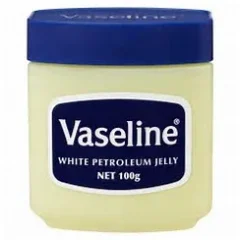Fast Eddie
VIP MEMBER
- Joined
- Oct 4, 2013
- Messages
- 22,863
Gents,
There have been some interesting posts on here about foam support for relays and fuses, extra cable ties to support things, the use of dielectric grease, etc.
I hope to collect my new CR in time to really go through it before spring. So going through the electrics in a preventative maintenance way, is high on my list of priorities.
I’m quite happy in my abilities to help identify potential sources of mechanical failure of electrics, ie through stress and lack of support etc.
What’s new to me is the whole dielectric grease topic. I have only ever worked on the basis of ensuring connectors a dry and clean and using a squirt WD40.
Now we’re being told to slop grease inside our nice new connectors. This goes against the grain somewhat for this old dog!
Can someone give us a 101 on this topic? The idea of putting grease, an insulator, on nice clean fresh metal contacts is entirely counter intuitive to me!
Do I actually put the stuff inside the connectors, or only on the outside plastic parts, or what?
There have been some interesting posts on here about foam support for relays and fuses, extra cable ties to support things, the use of dielectric grease, etc.
I hope to collect my new CR in time to really go through it before spring. So going through the electrics in a preventative maintenance way, is high on my list of priorities.
I’m quite happy in my abilities to help identify potential sources of mechanical failure of electrics, ie through stress and lack of support etc.
What’s new to me is the whole dielectric grease topic. I have only ever worked on the basis of ensuring connectors a dry and clean and using a squirt WD40.
Now we’re being told to slop grease inside our nice new connectors. This goes against the grain somewhat for this old dog!
Can someone give us a 101 on this topic? The idea of putting grease, an insulator, on nice clean fresh metal contacts is entirely counter intuitive to me!
Do I actually put the stuff inside the connectors, or only on the outside plastic parts, or what?
Last edited:

